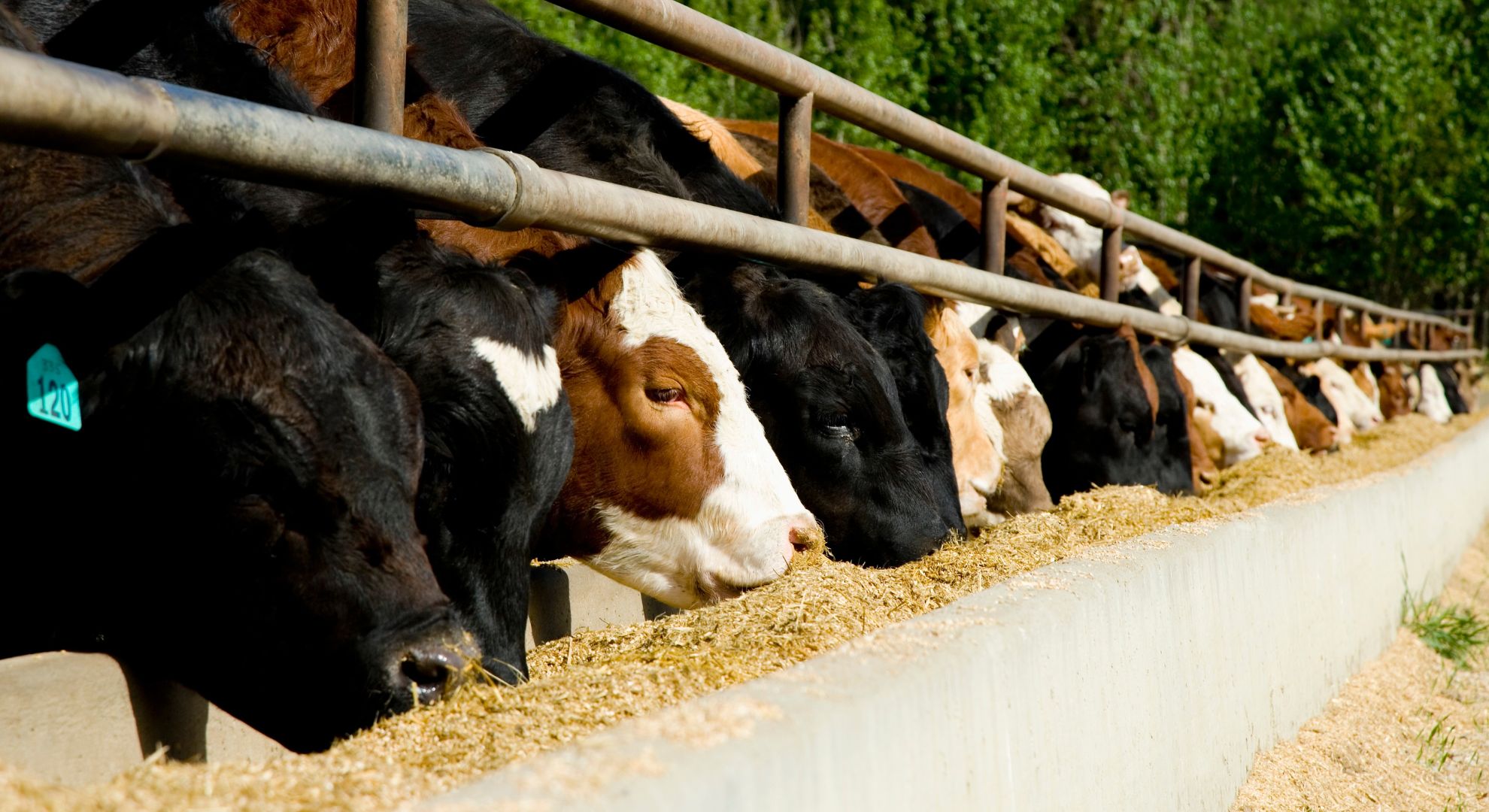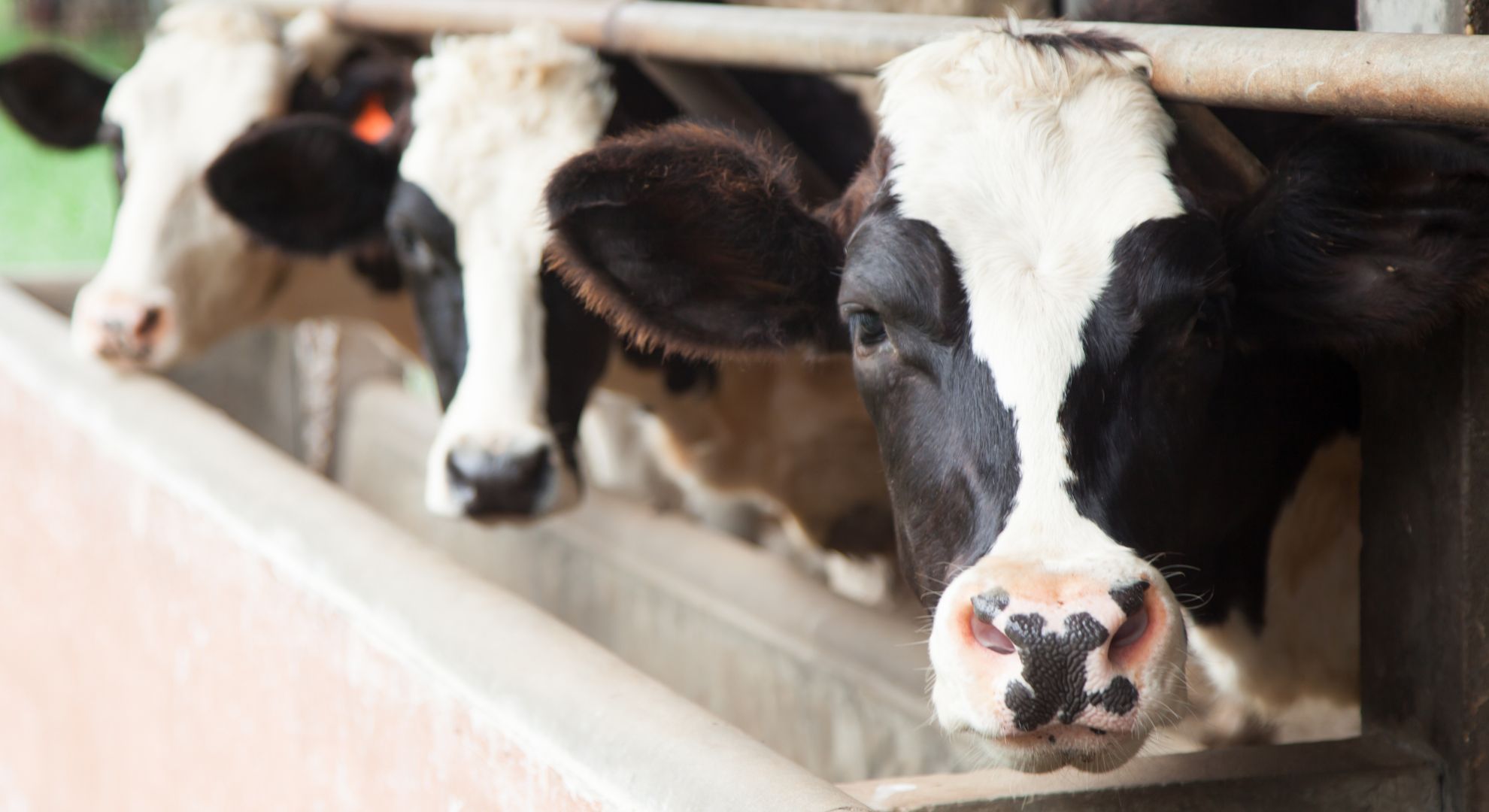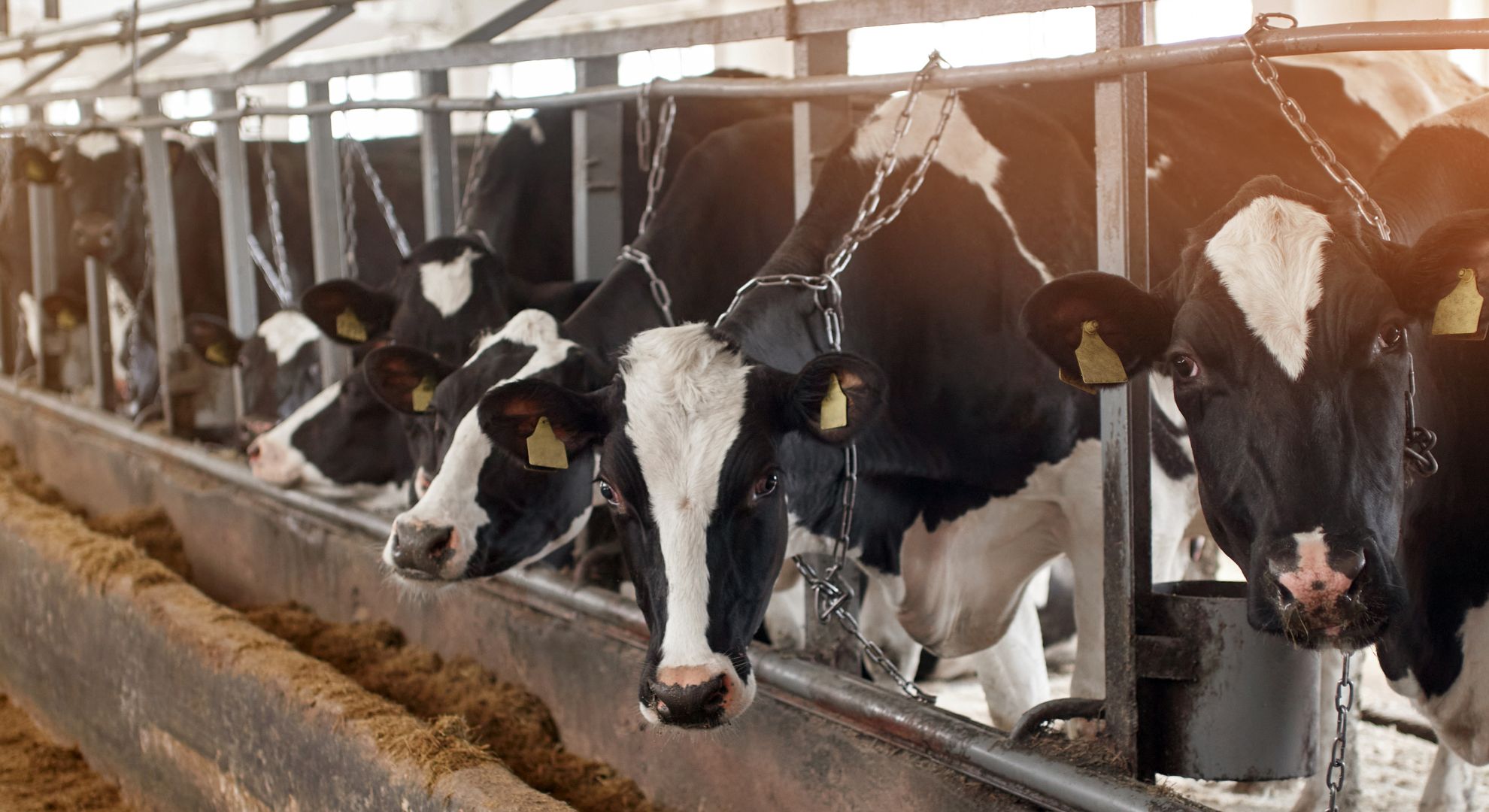Livestock exports play a crucial role in the global economy, contributing significantly to the agricultural sector. One of the key components of this trade is beef export, which has witnessed substantial growth in recent years. Countries such as Australia, the United States, Brazil, and Argentina are major players in the international livestock market, exporting substantial quantities of beef to meet the rising demand worldwide.
These exports are driven by various factors, including the growing global population, increasing per capita income, and changing dietary preferences. Beef, being a rich source of protein, is a staple in many diets, and as emerging economies continue to prosper, the demand for high-quality protein sources like beef is expected to soar. Livestock exports not only contribute to the economic well-being of exporting nations but also serve as a reliable source of nutrition for importing countries.
However, this burgeoning trade is not without its challenges. Issues such as animal welfare, environmental sustainability, and disease control have become central concerns in the global discourse surrounding livestock exports. Striking a balance between meeting the rising demand for meat and ensuring ethical and sustainable practices in the industry is a complex challenge that policymakers and stakeholders must grapple with.




